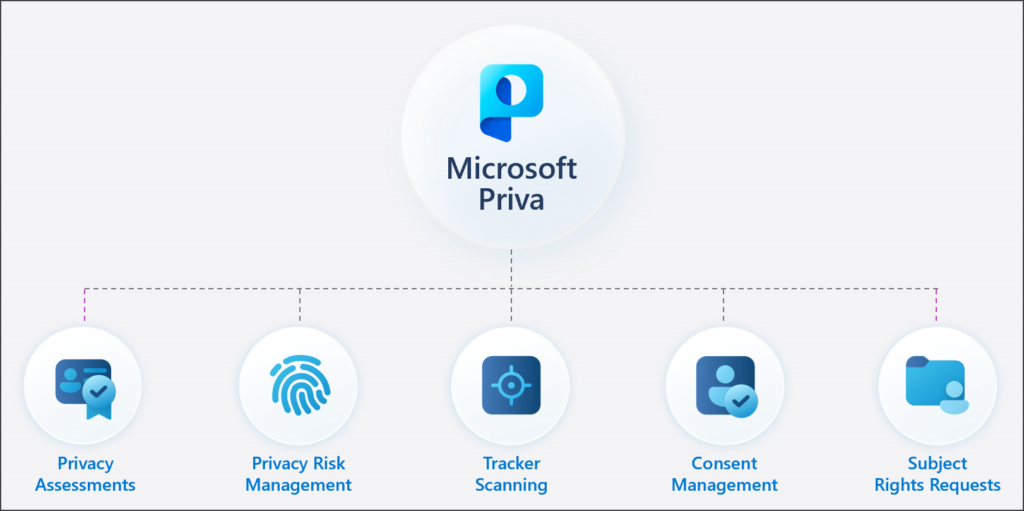
Covid has had a significant impact on small businesses across the UK. Many have managed to navigate their way through the crisis. Much of this is down to adaptability, and having the right systems in place to support a flexible approach.
A key aspect of this support is IT. During the pandemic, IT for small businesses has played a pivotal role in their adaptation, survival and growth.

The Impact of Covid on Small Businesses
According to a Goldman Sachs survey, nearly two-thirds of small businesses in the UK have seen their revenues decrease during the pandemic.
But for every two businesses that have cut jobs, another has increased its workforce. 62% of small businesses have also been able to continue trading without disruption.
Government support has been crucial, with 91% of small businesses reporting that they have accessed, or attempted to access, Covid support.
This support has enabled many small businesses to be proactive and adaptable during the pandemic. 45% of small businesses have made changes to their business model to do this.
Lockdown restrictions have meant that many businesses have been forced to adopt working from home (WFH).
In taking these measures, small businesses have been able to maximise the benefits of digital technology and connectivity.
How IT Helps Small Businesses Adapt
Faced with the challenges of a socially-distanced workforce, businesses have needed to adapt swiftly.
One fortunate aspect of the pandemic is that it has occurred at a point in history when most households in the UK have a reasonable degree of connectivity.
This has meant that people suddenly finding themselves working from home at least have the basic means to connect to the workplace remotely. In theory, anyway.
But efficient, and secure, remote working requires more than someone simply plugging in their device at home and connecting with office servers.
The key issues for IT for remote working are:
- Connectivity
- Security
- Data
Connectivity
Connectivity isn’t just about bandwidth availability and internet speeds. A remote workforce needs to feel that it is in touch with its employer.
If small businesses are going to make the most of apps such as Zoom, they need to make sure that everyone using these methods has a reliable connection. The right tools for the job include software as well as hardware, and ensuring this software will perform well for everyone using it.
Then there is the question of how well people’s PCs and laptops are working at home. Anyone struggling with computer speeds is going to feel themselves at a disadvantage.
This is where IT support proves itself invaluable, as it provides small businesses with a means of outreach for its remote employees. And it has meant that IT support itself has become much more of a mobile service.
Security
Working from home immediately raises cybersecurity concerns. Will employees have the same degree of protection from cyber threat in their home environment as they would in the workplace?
Cyberattacks have been on the increase, since more people began working from home. The City of London police revealed that there were nearly 4,000 reports of cyber crime just in the first month of lockdown.
Again, cybersecurity issues have transformed how IT support is helping small businesses. Employees working from home need the same levels of protection from cyber-threat as if they were in an office or other workplace.
IT support can help by ensuring devices have the right malware and virus protection installed, that their software is up to date, and that their connections are secure.
It’s also critical that businesses have good levels of encryption and password-protection for home-workers accessing centrally-located files and systems.
Data
Before the pandemic hit, many small businesses were migrating their systems to the cloud. This was enabling them to meet various objectives, such as completing digital transformation strategies.
A key benefit of becoming cloud-based is reducing the risk of lost data. Therefore, it makes sense for those businesses that are not cloud-based to consider migration if they then have to adopt remote working.
Cloud-based working can also improve IT generally, and reduce downtime.
Another major aspect of IT support during the pandemic has been to enable small businesses to adopt cloud-based working, and in so doing, to better adapt to new ways of operating.
IT Support and the Legacy of Covid
The legacy that Covid will leave will not be completely negative. In many cases, it has brought forward changes that were happening anyway.
For companies willing to adapt, it has meant that they have discovered more benefits that IT can offer them, including enhanced security and efficiency, and a more adaptable workforce.
The Goldman Sachs report indicates that, despite everything, many small businesses are optimistic about the future. 78% of small business owners are confident about the future for their businesses.
IT will need to continue to play its part. 73% of small businesses say the development of digital infrastructure is a top priority, for themselves and for the country as a whole.
For more information about outsourced IT support for small businesses, please contact us. We can also help you set up your home office, so that its systems are secure, resilient and reliable.



